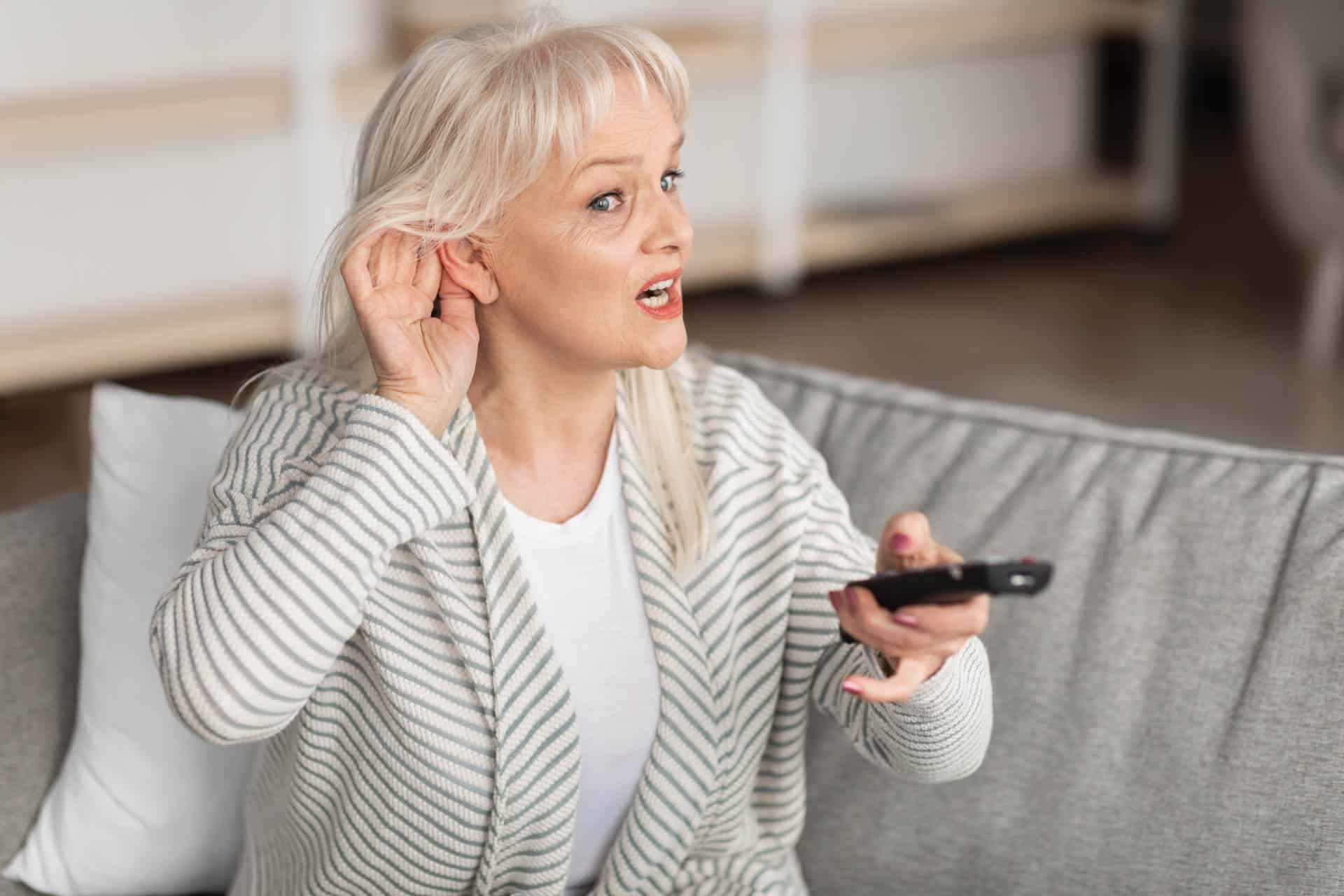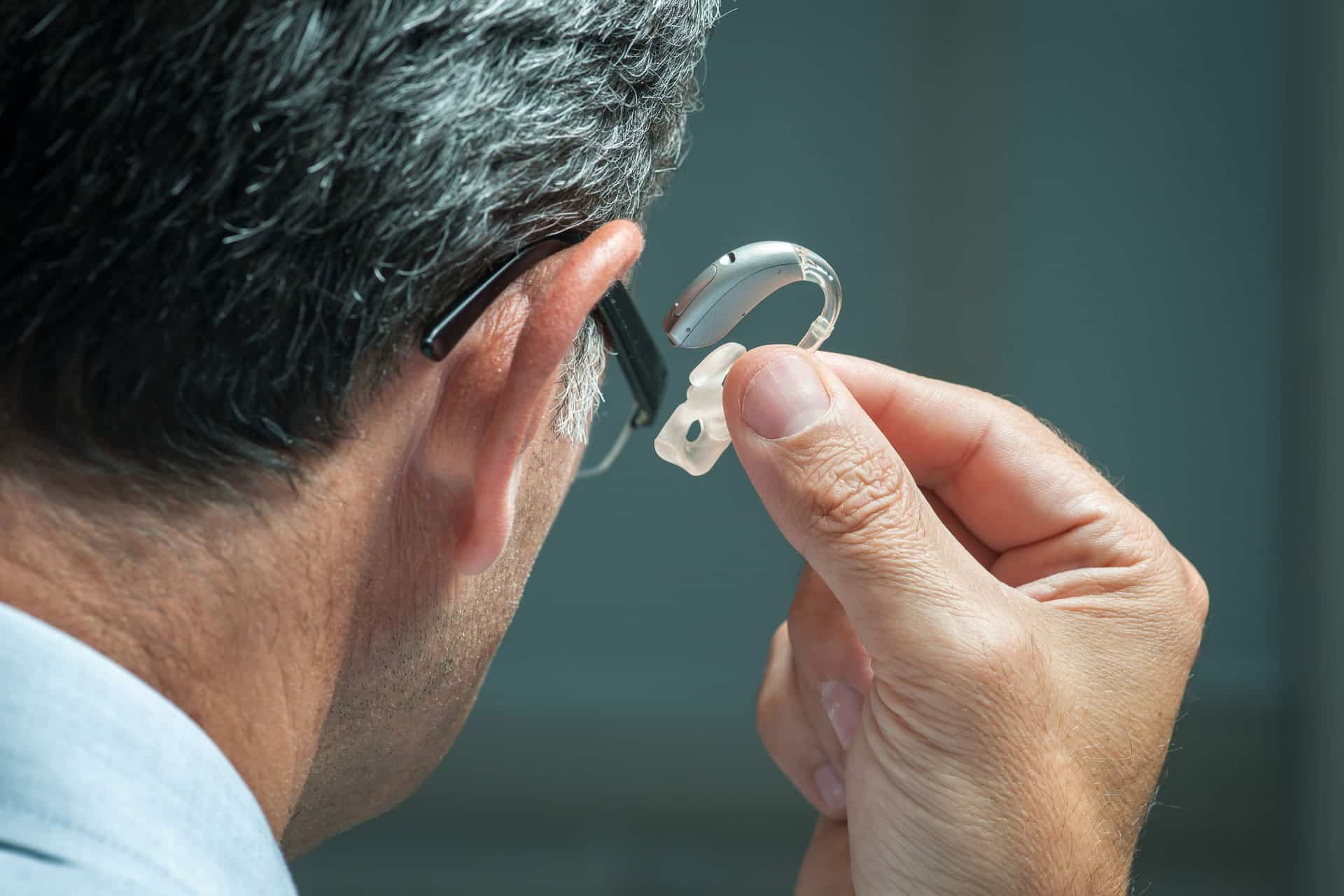Delivery in 2-3 working days
Itchy ears: causes, help and interesting facts
A person whose ears itchy ears is proverbially a particularly curious person. But what does it really mean when your ears itch? What reasons or illnesses can be associated with itchy ears? And above all: how can you get rid of the itching as quickly and easily as possible? We reveal all the answers in our article.
Why does the ear itch?
An itchy ear or itchy ears can have very different causes.
External itching is often caused by skin conditions such as neurodermatitis and psoriasis, where itching is a typical symptom that can also occur on the ears. Allergies are also often the cause, for example if the person affected is allergic to certain care products such as shampoos or creams, or to certain materials and substances from which earrings are made, such as nickel. A fungal infection of the ear canal can also be the trigger for itchy ears.
Reasons for itching in the inner ear or ear canal include infections and ear diseases such as ear canal inflammation or middle ear inflammation.
In the case of inflammation of the ear canal (otitis externa), intense itching is one of the most common symptoms, as well as pain and discharge from the ear. In the case of otitis media, which often occurs in children, itching in the ear is also often noticed before a feeling of pressure or earache develops. In both cases, the symptoms should be closely monitored and ideally clarified by a doctor.
However, the triggers for an itchy ear are not always of a medical nature. External influences are often the cause. These include, for example
- Earwax: Earwax has the function of removing viruses and bacteria from the ear and thus cleaning our ears. If there is too little earwax in the ear, this can be a reason for itching. A crumb of earwax stuck somewhere in the ear canal can also cause itching.
- Earplugs: When wearing earplugs, in-ear headphones or -hearing protection may cause slight irritation of the ear canal. This can lead to a tickling sensation in the ear, especially for more sensitive people.
- Water in the ear: Water in the ear can easily occur when swimming, showering or bathing. Those affected usually notice a tickling or itching sensation, pressure on the ear or hearing loss.
Foreign bodies in the ear: Foreign bodies in the ear can also be a trigger for itching. Even a speck of dust or a hair is enough to cause an unpleasant tickle.
- Irritation of the ear canal: If the ear canal is irritated, this is often reflected in itching. Reasons for an irritated ear canal can be, for example, earplugs or cleaning with cotton buds.
What can you do about itchy ears?
As a general rule, if you notice an itchy ear, you should not scratch it immediately. This can further irritate the ear, the inner ear or the auditory canal, making the symptoms worse or even leading to injury, for example to the eardrum. For this reason, you should never use cotton buds or other objects.
Instead, you should take a gentle approach to relieve itchy ears. We'll tell you how below.
Wash ears
Light pressure instead of scratching
Keep your ears dry
Avoid irritants
Itchy ears and psyche
The reason for an itchy ear is not always physical. Psychological problems and severe stress can also cause symptoms such as itchy ears.
The symptoms cannot usually be treated with the methods mentioned above. Instead, prevention is particularly important: less work, relaxation exercises, sufficient sleep, a healthy lifestyle and plenty of exercise can help to lower stress levels and thus also reduce the symptoms.
Itchy ears: when should I see a doctor?
An itchy ear is by no means a cause for concern. Often the itching is only temporary and the causes are harmless.
However, if the itching does not improve or gets worse after a short time, or if earache or other symptoms such as dizziness or fever occur, you should always consult an ENT specialist to identify the causes, injuries and infections and clarify treatment options.
If a skin disease or allergic reaction appears to be the cause of itchy ears, a dermatologist may also be the right person to contact. If you are not sure, ask your family doctor for advice.



